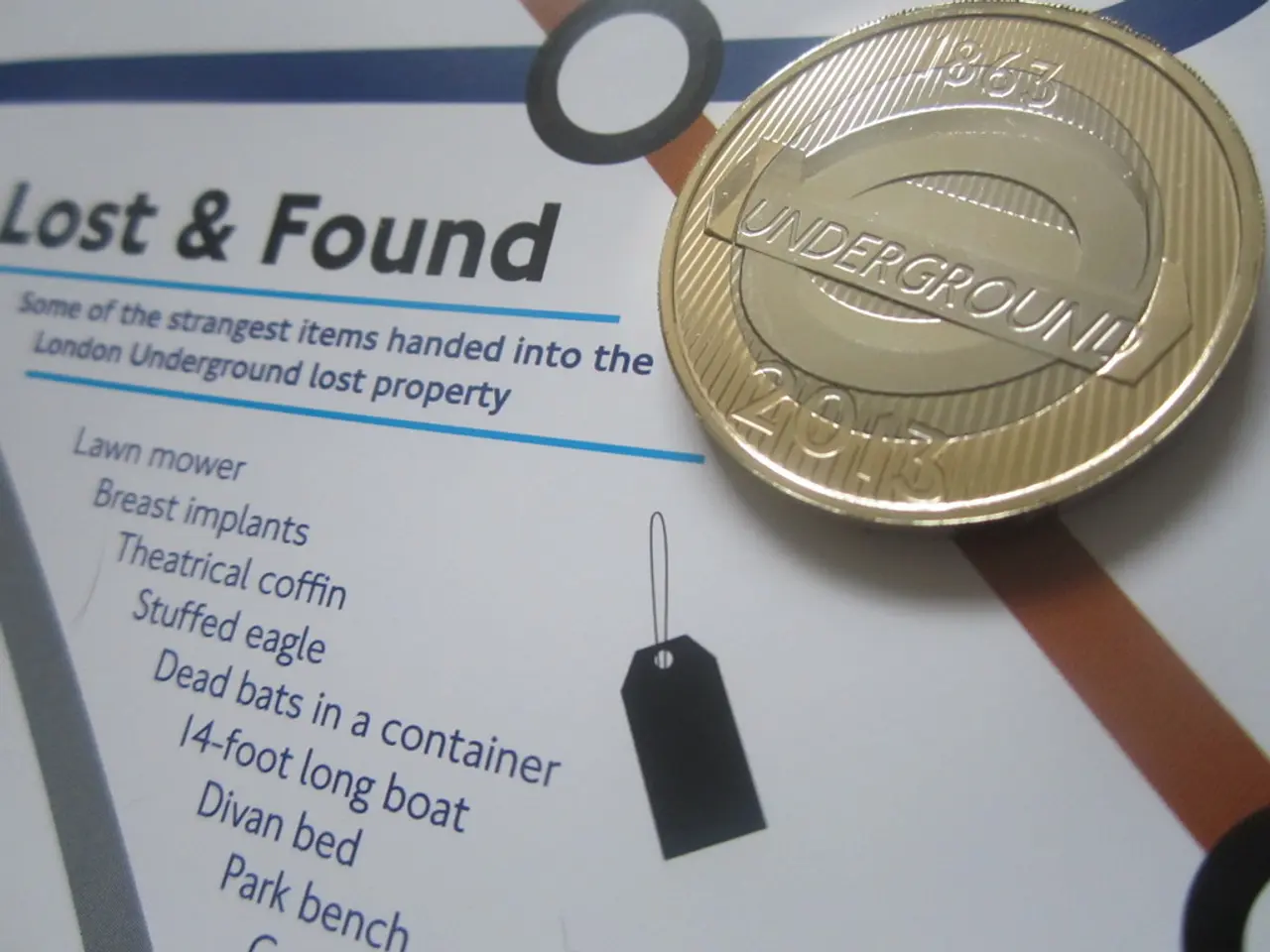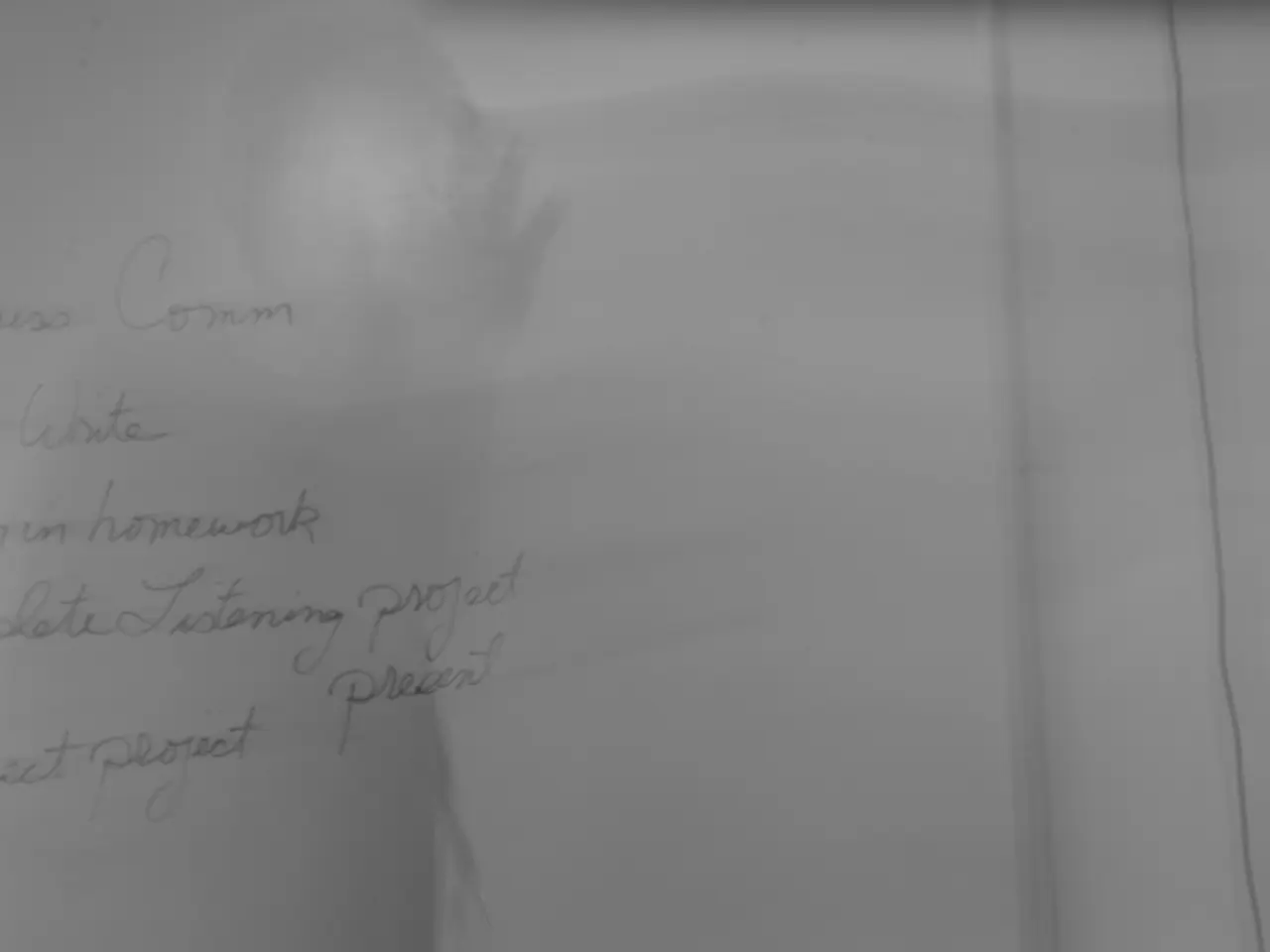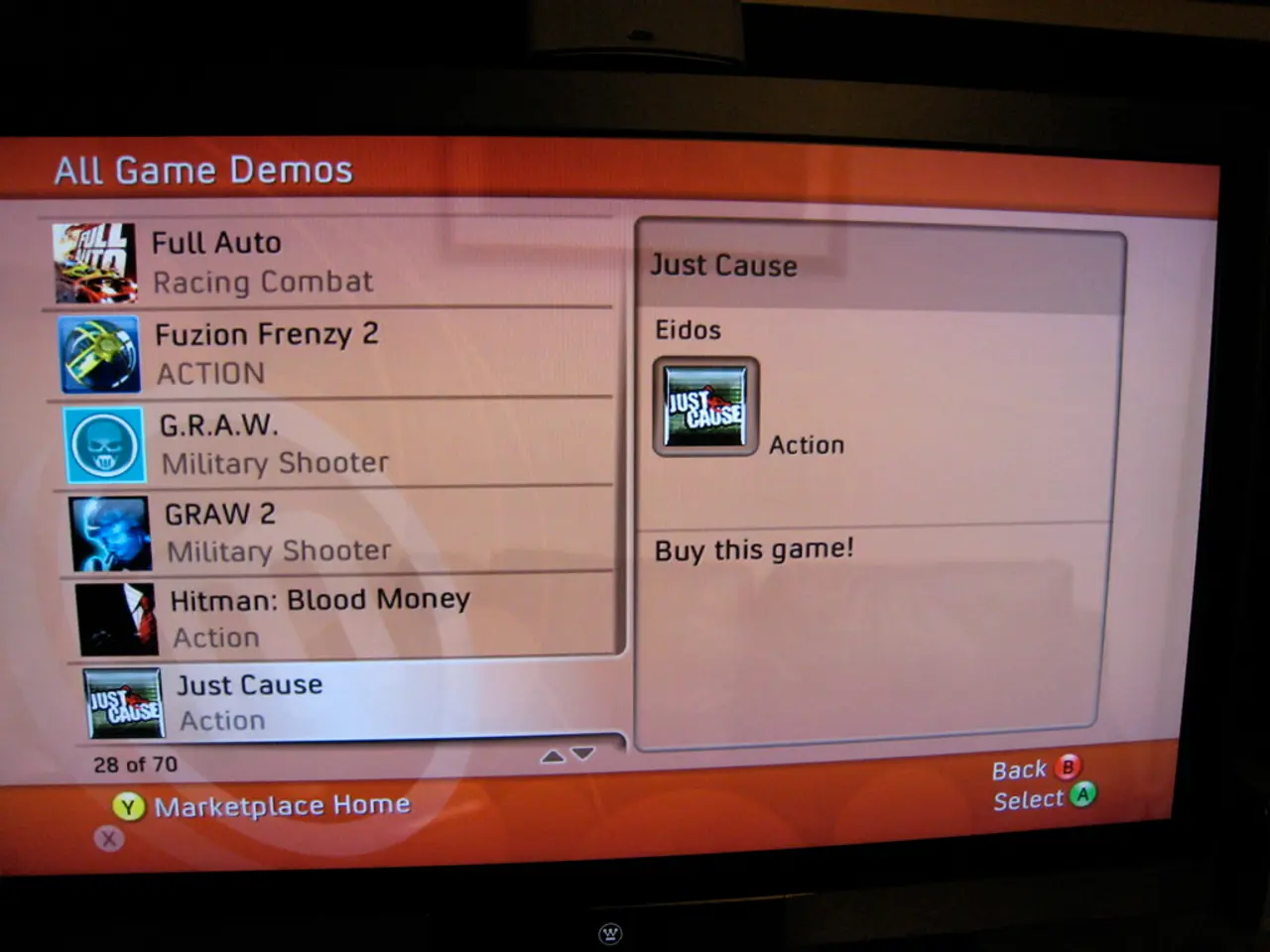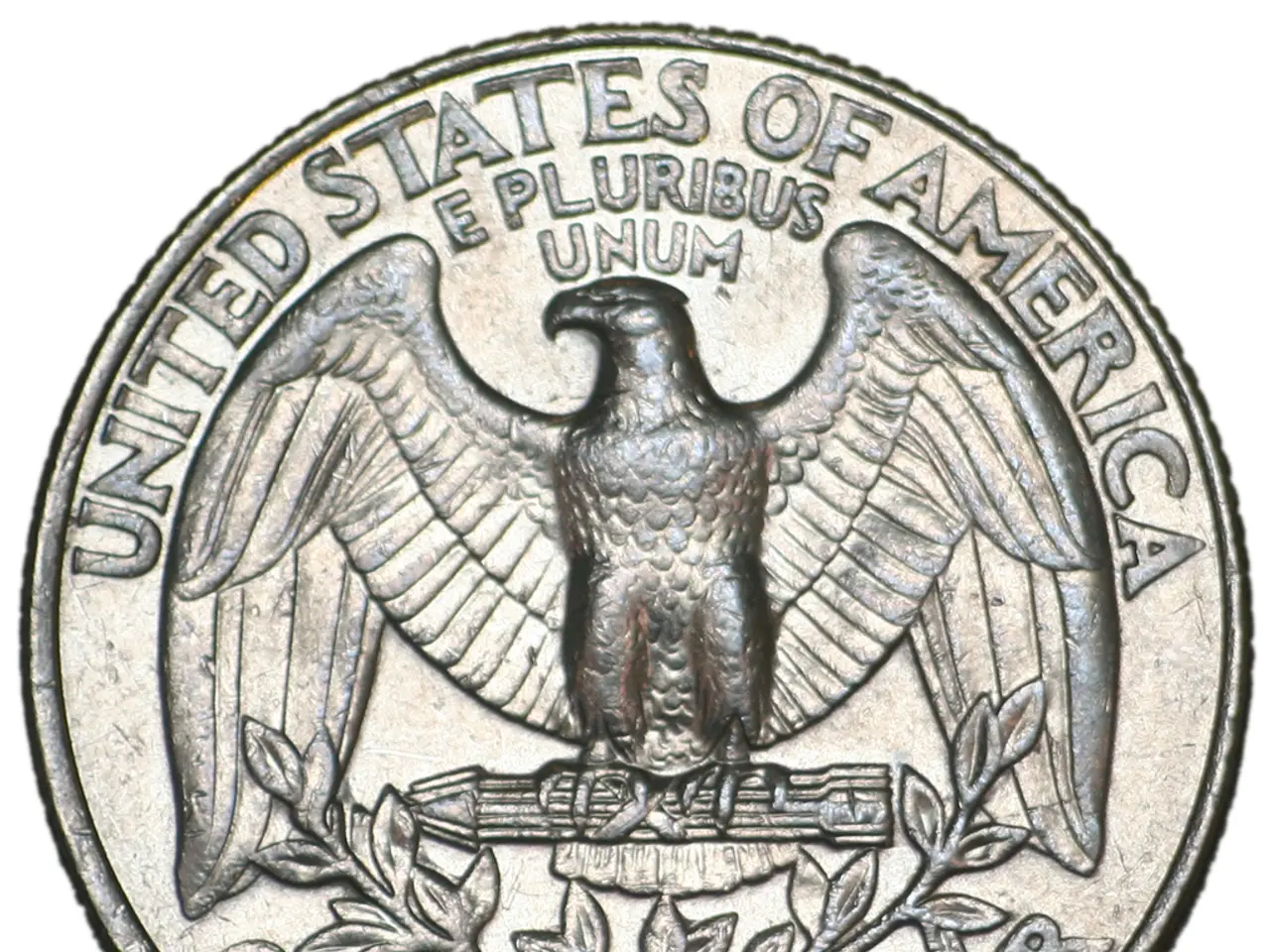Ather Energy records smaller quarterly loss, warns of challenges in the realm of rare earth elements
In the dynamic world of electric vehicle manufacturing, Ather Energy, a key player in India's electric scooter market, is facing challenges due to China's export restrictions on rare-earth elements and magnets. These restrictions, aimed at tightening supply controls, have caused a significant drop in export volumes, with related magnet exports plummeting by about 74% compared to the previous year.
China, being the world's dominant rare-earth producer, supplies around 90% of the world's rare-earth magnets, crucial components in electric motors for EVs. This supply constraint can lead to increased costs, delays, and potential production adjustments or slowdowns for manufacturers like Ather Energy.
To mitigate this impact, Ather Energy is exploring various alternatives. These include diversifying supply sources, increasing efforts to recycle magnets, investing in motor designs that require fewer or no rare-earth magnets, and building strategic raw material reserves through long-term bilateral agreements.
However, these solutions face challenges given the current global market dominance of Chinese rare-earths and magnets. The company is also anticipating a week of supply gap to dealers due to the export ban on rare-earth magnets, which was imposed in April.
Despite these challenges, Ather Energy's sales grew nearly two-fold to 46,078 units in the first quarter. The company's revenue increased by 78.8% year-on-year to 6.45 billion rupees, and its adjusted gross margin improved to 23% from 19% due to non-vehicle revenue such as warranty programs, software, and accessories like "Halo" helmets.
Ather Energy's shares rose as much as 19.4% to a record high of 414.65 rupees on Monday following the release of its quarterly results. However, the company's losses narrowed to 1.78 billion rupees in the quarter ended June 30.
The company competes with Ola Electric and legacy players with stronger finances and a broader reach in India's electric vehicle market. Despite the challenges posed by China's export restrictions, Ather Energy is demonstrating resilience and exploring innovative solutions to maintain its position in the market.
Sources: [1] Reuters, (2021). China's rare earth export restrictions to hit electric vehicle makers. [online] Available at: https://www.reuters.com/business/autos-transportation/chinas-rare-earth-export-restrictions-hit-electric-vehicle-makers-2021-08-17/
[2] The Economist, (2021). The looming shortage of rare-earth metals. [online] Available at: https://www.economist.com/leaders/2021/09/04/the-looming-shortage-of-rare-earth-metals
[3] BloombergNEF, (2021). Rare Earths: The Future of EVs. [online] Available at: https://about.bnef.com/blog/rare-earths-the-future-of-evs/
[4] McKinsey & Company, (2021). Rare earths: The geopolitics of a critical commodity. [online] Available at: https://www.mckinsey.com/business-functions/sustainability/our-insights/rare-earths-the-geopolitics-of-a-critical-commodity
- In light of the challenges faced by Ather Energy due to China's export restrictions on rare-earth elements, the company is exploring innovative business solutions, such as diversifying supply sources, investing in technology for motor designs that require fewer rare-earth magnets, and building strategic reserves.
- The financial implications of China's export restrictions on rare-earth magnets extend beyond Ather Energy, affecting numerous companies globally, as China is the dominant supplier of these critical components in the technology sector, particularly in electric vehicle manufacturing.




